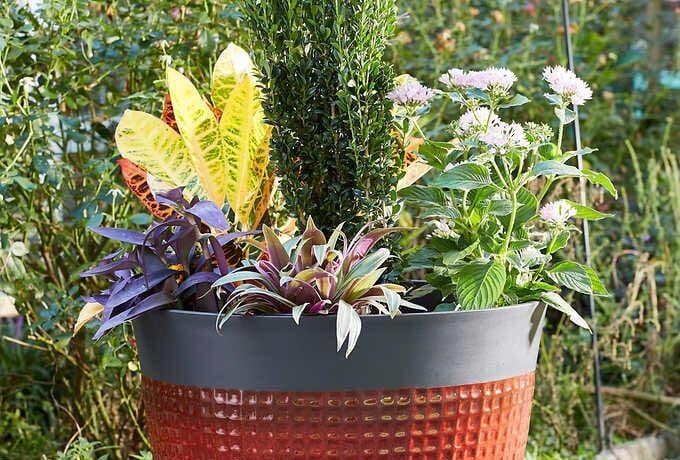The global shift towards environmental sustainability has significantly influenced various industries, including horticulture. In this context, the focus on eco-friendly solutions in the wholesale pots for plants market is of paramount importance. This article delves into the world of sustainable plant pots, exploring the various options available in the wholesale market.
The Need for Sustainable Wholesale Pots for Plants
- Environmental Impact: Traditional plastic pots contribute to plastic waste. Sustainable pots offer an eco-friendly alternative.
- Consumer Demand: There’s a growing demand for green products among consumers.
- Regulatory Compliance: Increasingly stringent environmental regulations make sustainable options more appealing.
Understanding Sustainable Materials
Biodegradable Plant Pots
- Materials Used: These pots are made from natural materials like coconut husk, rice hulls, and bamboo.
- Decomposition: They decompose naturally, enriching the soil.
- Use Cases: Ideal for seedlings and plants that are sensitive to transplanting.
Recycled Plastic Pots
- Sourcing: Made from post-consumer or post-industrial plastic.
- Benefits: They reduce the demand for new plastic and are often recyclable themselves.
- Limitations: Their lifespan and recyclability depend on the type of plastic used.
Innovative Materials
- Examples: Pots made from upcycled materials like rubber or repurposed wood.
- Characteristics: They are durable and often come with unique aesthetic qualities.
The Market Dynamics of Wholesale Pots for Plants
Cost Implications
- Economies of Scale: Bulk purchasing can offset the higher cost of eco-friendly materials.
- Long-term Savings: Durable sustainable pots may offer long-term cost benefits despite a higher initial price.
Supply Chain Considerations
- Sourcing: Ensuring a steady supply of sustainable materials can be challenging.
- Transportation: The environmental impact of transportation should also be considered.
Challenges in Adopting Sustainable Practices
Consumer Awareness
- Educating Buyers: It’s crucial to educate consumers about the benefits of sustainable pots.
- Marketing Strategies: Effective marketing can highlight the environmental benefits and offset higher costs.
Technological Innovations
- Research and Development: Continued innovation is needed to improve the quality and reduce the cost of sustainable pots.
- Partnerships: Collaborations with research institutions can drive innovation.
Case Studies: Success Stories in Sustainable Wholesale Pots
Company A’s Biodegradable Range
- Innovation: Developed a line of fully biodegradable pots.
- Impact: Reduced plastic waste and enhanced soil quality.
Company B’s Recycled Plastic Initiative
- Approach: Utilized 100% post-consumer plastic.
- Outcome: Demonstrated the viability of recycled materials in plant pot manufacturing.
Conclusion
The shift towards sustainable wholesale pots for plants is not just an environmental imperative but also a business opportunity. By embracing eco-friendly materials and practices, the horticulture industry can lead the way in sustainability, meeting consumer demands and regulatory requirements while contributing positively to the environment.







